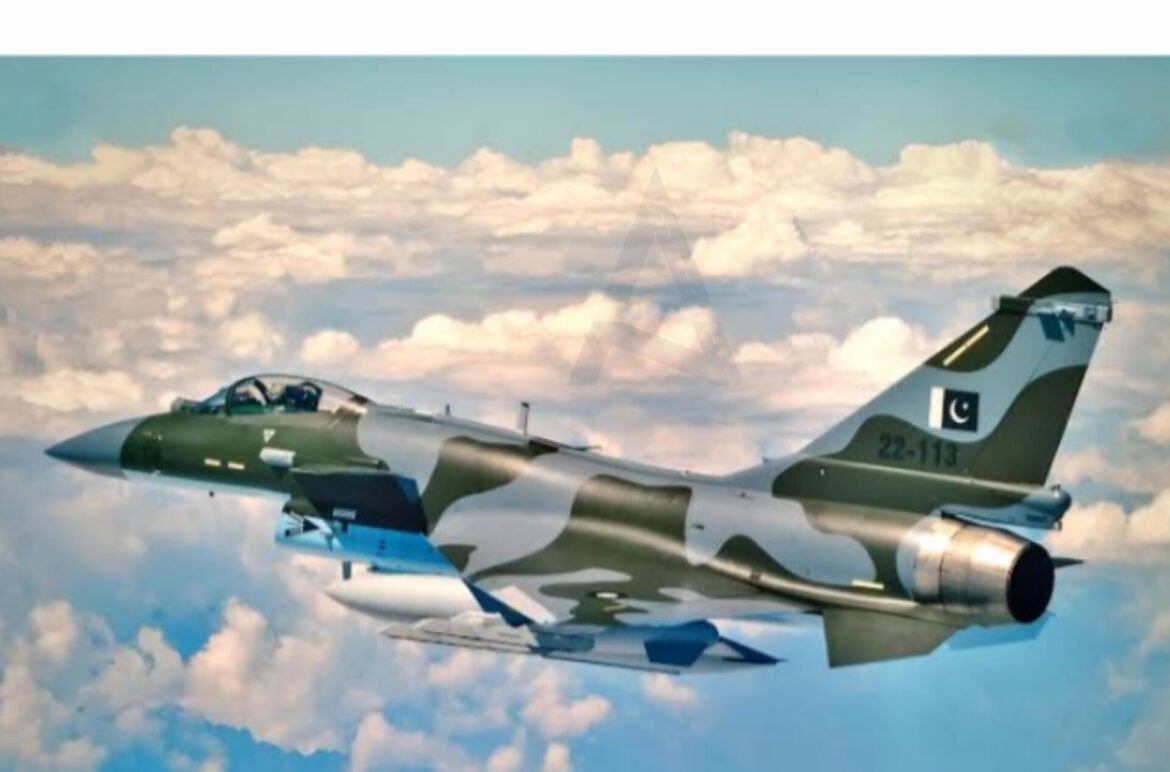The Pakistan Air Force (PAF) has recently conducted a series of multinational air exercises, showcasing its commitment to enhancing interoperability and strengthening defense ties with key allies. These exercises involved participation from several countries, highlighting Pakistan’s strategic importance in the region and its role in fostering cooperative security arrangements.
The multinational exercises aimed to improve coordination and collaboration among participating air forces, focusing on various operational scenarios. Key components of the exercises included air-to-air combat training, tactical maneuvering, and joint mission planning. The PAF utilized its advanced aircraft, including the JF-17 Thunder and F-16 Fighting Falcon, to demonstrate its capabilities and refine its tactical approaches in a collaborative environment.
This year’s exercises saw participation from several nations, including China, Turkey, and Saudi Arabia, among others. Each of these countries brought unique assets and expertise to the table, allowing for a rich exchange of tactics and techniques. The collaboration underscores the growing defense partnerships between Pakistan and these nations, which have been bolstered by shared strategic interests and regional security challenges.
The exercises also provided an opportunity for the PAF to showcase its modernized fleet and advanced capabilities to both allies and potential adversaries. By conducting joint operations, the PAF aimed to reinforce its position as a reliable partner in regional security frameworks and promote collective defense measures. Such exercises enhance the operational readiness of all participating forces, allowing them to adapt to various combat scenarios they might encounter.
In addition to enhancing military cooperation, these exercises are part of Pakistan’s broader strategy to strengthen its defense ties with key allies. By engaging in multinational training and operational scenarios, Pakistan aims to improve its strategic partnerships, increase its operational capabilities, and ensure regional stability. The exercises foster mutual understanding and create opportunities for information sharing, which is critical for addressing evolving security threats.
Moreover, the multinational air exercises are indicative of the shifting dynamics in regional geopolitics. As nations face common threats, the importance of collaborative defense strategies is increasingly recognized. The PAF’s active engagement in these exercises positions Pakistan as a key player in the region, capable of contributing to collective security initiatives alongside its allies.
The successful conduct of these exercises also serves to enhance the PAF’s reputation as a professional and capable air force. The experience gained from working alongside other nations will contribute to the continuous improvement of operational standards and tactical proficiency. This not only benefits the PAF but also strengthens the overall effectiveness of the allied air forces involved.
As the Pakistan Air Force continues to build on its military partnerships through such exercises, the focus remains on enhancing interoperability and collective capabilities. These initiatives are vital for maintaining peace and security in the region, demonstrating Pakistan’s commitment to being a responsible member of the international community and a reliable ally in defense matters.
In summary, the recent multinational air exercises conducted by the Pakistan Air Force reflect a commitment to enhancing defense cooperation with key allies while promoting regional stability. As geopolitical dynamics evolve, such collaborative efforts will be crucial in addressing shared security challenges and ensuring the readiness of air forces to respond to various threats.

